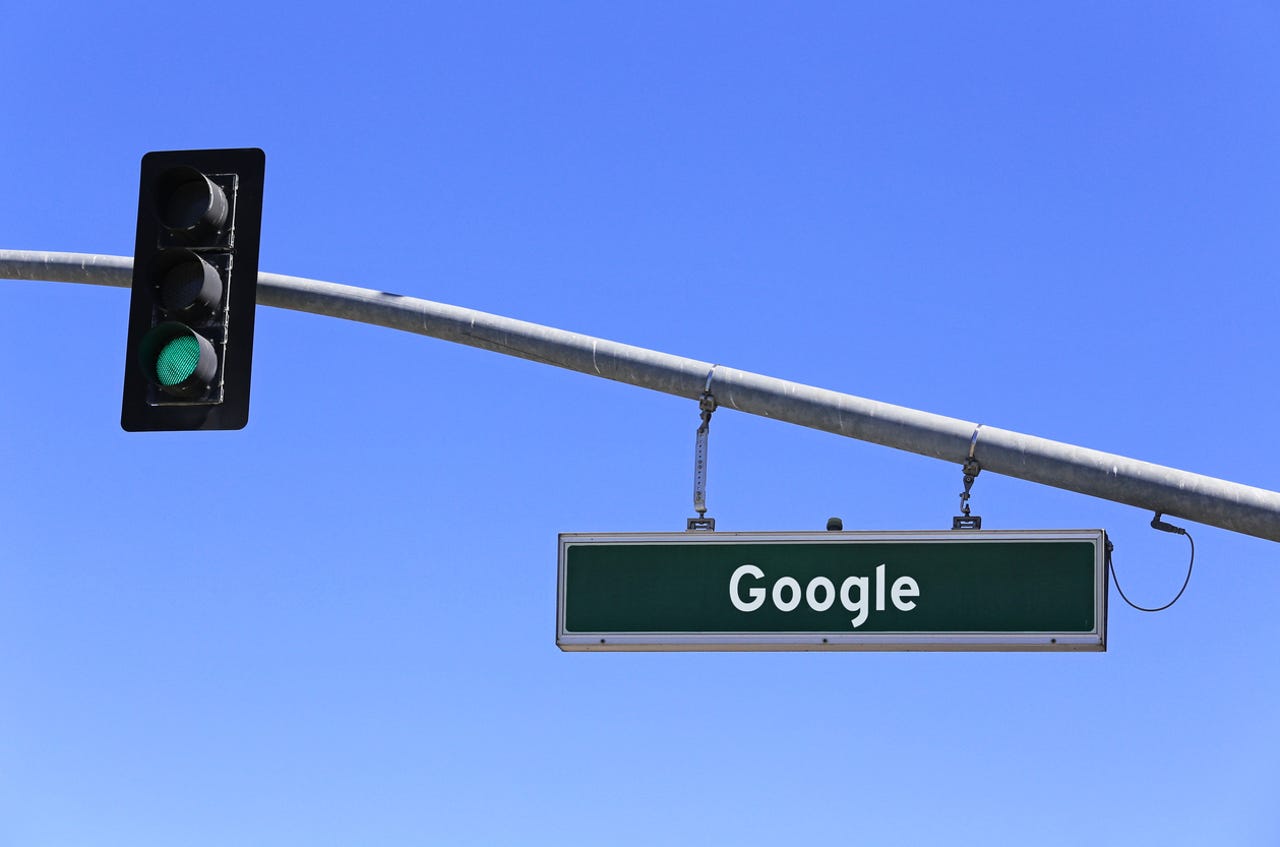Google news: Here's why you'll soon be seeing more paywalled stories in search


Google will no longer demote paywalled stories if a site doesn't offer a minimum of three for free.
Google has scrapped its 'first click free' program for paywalled news sites and reworked its search algorithm to index all a site's stories without requiring it to offer at least three free stories through Search and News.
In place of first click free, Google is introducing 'flexible sampling', which allows publishers to choose how many free samples they offer users who find content through Google search and News.
This sampling includes metering, where a site offers a quota of free articles before the paywall appears, as well as "lead-in" where a story's introduction is visible but the rest is hidden.
Google expects publishers will offer between six to 10 free articles per month, and hopes they'll provide 10. But it will no longer demote paywalled stories if a site doesn't offer a minimum of three for free.
Google has been experimenting with the new approach with The New York Times and the Financial Times. As Bloomberg reported previously, the approach has also won praise from News Corp's Wall Street Journal, which complained that Google discriminated against its content after it stopped allowing free articles through search.
Media companies are looking to subscriptions to make up for declining print ads, while online advertising is largely controlled by Facebook and Google.
To help drive subscriptions, Google is also building a number of tools based on its identity and payment technologies to make the process of subscribing less painful.
The aim is to enable one-click subscriptions to access the paid-for content anywhere, including the publisher's site, a mobile app, on Google Newsstand, Search, and News.
The company is also exploring using its machine-learning capabilities to help publishers spot potential subscribers and present well timed, targeted and appealing offers.
Financial Times chief commercial officer Jon Slade said subscriptions are now an essential part of a publisher's revenue.
"It's extremely clear that advertising alone can no longer pay for the production and distribution of high-quality journalism -- and at the same time the societal need for sustainable independent journalism has never been greater," said Slade.
"Reader-based revenue, aka paid-content, or subscription services, are therefore not just a nice-to-have, but an essential component of a publisher's revenue composition."
He said the FT has worked closely with Google to aid it in understanding publishers' needs and how it can help.
"That mutual understanding includes the ability to set controls over the amount of free content given to readers, a level playing field for content discovery, optimized promotion and payment processes. It is important that we now build and accelerate on the discussions and actions to date," Slade said.
Previous and related coverage
Google News refresh: Now you get cleaner card-based view that's easier to navigate
Google brings new customizable controls and cards in its Google News redesign.
Google is using machine learning to create a news feed from your searches
Google has rolled out a new version of its news feed that's based on the user's interests.